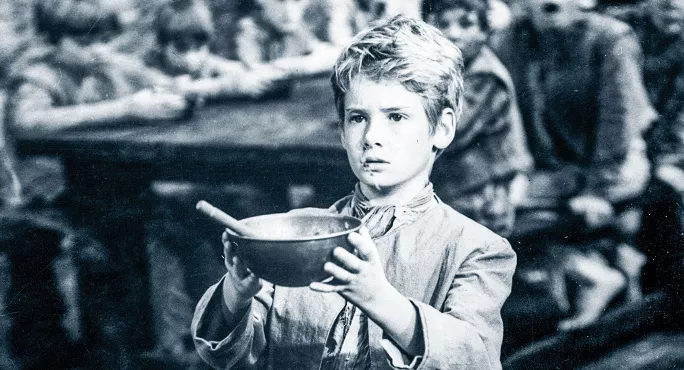Heads face ‘impossible choices’ after FSM shortfall

A shortfall in free school meal funding means that leaders are facing “impossible choices” over school budget cuts in light of rising food prices, a headteachers’ union has warned.
The NAHT is calling for the government to increase free school meals funding in line with inflation, from £2.42 per child to £2.87, following the announcement of an increase in the amount given to schools to help fund universal infant free school meals (UIFSM), from £2.41 per child to £2.53, for the 2023-24 financial year.
The LACA - The School Food People - the representative body of the school meals industry, is also calling for an increase, pointing out that pupils in Scotland and Wales already receive substantially more per meal (£3.30 and £2.90 respectively).
According to the Office for National Statistics, the annual rate of UK food price inflation increased to above 19 per cent in the 12 months to March 2023 - its fastest pace for more than 40 years.
- News: 7 in 10 pupils on universal credit not eligible for free school meals
- Numbers: Number of pupils on free school meals tops 2 million
- Policy: All London primary pupils to get free school meals for a year
NAHT assistant general secretary James Bowen said: “While this small increase is better than nothing, it will still leave many schools having to heavily subsidise the provision of free school meals from budgets already under considerable pressure, after years of real-terms government funding cuts and now soaring inflation.
“If government funding had kept pace with inflation since the introduction of universal free school meals for infants in 2014, schools would now be receiving £2.87 per child according to the Institute for Fiscal Studies.
“Suppliers may have to pass on increased costs and, while schools will work with them to try and maintain the quality of food provided, school leaders are facing impossible choices about where to cut spending.
“We need to see much more government investment in free school meals, not only to fully fund the costs of universal infant provision but also to expand eligibility for older children, so that all pupils in households in receipt of universal credit receive them.
“It is unacceptable that not all children living in poverty currently receive free school meals and we know access to a proper nutritious meal every day has enormous benefits for children’s wellbeing, development and learning.”
LACA - the School Food People, includes contract caterers, local authorities, individual chefs and schools with some 80 per cent of the school meal services provided by its members.
Chair Brad Pearce wants the unit price of all school meals to be increased to £2.87, adding that members have been having to make difficult choices, and be creative with menus and reformulating recipes, to manage costs.
In some cases, caterers have been forced to replace meat proteins with less expensive protein sources, such as lentils, he added.
“We recognise any increase in funding is a good thing, but this increase to £2.53 (5 per cent) for UIFSM falls far too short and the sums still don’t add up. Children on free school meals in England are losing out compared to their counterparts in Scotland and Wales, who receive substantially more per meal (£3.30 and £2.90 respectively).
“The government urgently needs to act now and increase funding in line with inflation of food and labour,” he said.
Julia Harnden, funding specialist at the Association of School and College Leaders, said the 5 per cent increase is “totally inadequate” and “particularly disappointing” when food inflation is so widely reported and understood. “If the government is serious about providing a nutritious meal for all children in Reception to Year 2, it must provide the financial resource to do so.
“We all understand the importance and benefits of healthy food to children’s learning and also that, for many, their only opportunity to get a good meal is when they are at school.
“Funding for school meals must align with the cost of delivering it and increases [must be] tracked to food inflation measures.”
London mayor Sadiq Khan’s £130 million plan for all primary schools in London to receive free schools meals is due to get under way in September but the latest food price rises have raised doubts about the affordability of the scheme.
The Department for Education has been approached for comment.
You need a Tes subscription to read this article
Subscribe now to read this article and get other subscriber-only content:
- Unlimited access to all Tes magazine content
- Exclusive subscriber-only stories
- Award-winning email newsletters
Already a subscriber? Log in
You need a subscription to read this article
Subscribe now to read this article and get other subscriber-only content, including:
- Unlimited access to all Tes magazine content
- Exclusive subscriber-only stories
- Award-winning email newsletters
topics in this article



